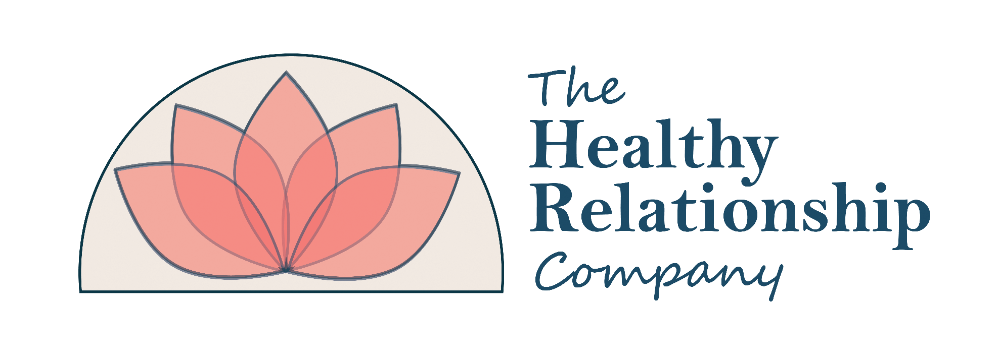
The Loneliness of Leaving: Why Recovery Can Feel Worse Before It Feels Better
Sep 05, 2025You finally did it.
You left.
The relationship that drained you, broke you down, or made you doubt yourself is now behind you.
So why does it hurt so much?
Why does your chest feel hollow, the silence deafening, the loneliness unbearable?
Let’s be honest: leaving doesn’t always feel like instant freedom. Sometimes, it feels worse before it feels better. And that doesn’t mean you made the wrong choice - it means you’re human.
Why It Hurts So Much After Leaving
1. The Grief Nobody Talks About
Even if the relationship was toxic, you still invested love, hope, and energy into it. Leaving means grieving not just the person, but the future you once believed in. That grief is real, and it deserves space.
2. Withdrawal from the Highs and Lows
Unhealthy relationships often run on intermittent reinforcement - those dizzying highs mixed with crushing lows. Your brain becomes hooked on the cycle. When you step away, your nervous system crashes, craving the drama and intensity it was wired to expect.
3. Identity Whiplash
For a long time, your world revolved around the relationship. You adjusted your behaviour, your choices, even your personality to survive it. Now that it’s gone, you’re left with the unnerving question: Who am I without them?
4. Social Silence
Let’s be honest: friends and family don’t always get it. They might cheer, “Good riddance!” while you’re sitting in the rubble of your old life. Their well-meant pep talks can make the loneliness sharper.
Why Feeling Lonely Doesn’t Mean You Made a Mistake
You’re not imagining it - this is hard. But the pain you feel now isn’t a sign you should go back. It’s a sign you’re detoxing from a system that wasn’t sustainable. Think of it like a broken bone - the ache you feel is part of the healing process, not proof you shouldn’t have set it right.
How to Move Through the Loneliness
1. Name the Grief
Instead of shaming yourself for missing someone who hurt you, call it what it is: grief. Write it down, say it out loud, give it language. Naming it makes it easier to carry.
2. Create Predictable Comfort
Your nervous system needs stability after chaos. Build small rituals - morning tea, evening walks, journaling - so your body starts to feel safe in routine.
3. Find Safe Connection
Healing doesn’t mean isolating yourself until you feel “fixed.” It means leaning on safe, consistent people - whether that’s a friend who truly listens, a support group, or a therapist.
4. Anchor Back to Self
Rebuild your sense of identity with micro-moments: choosing what you actually want to eat, wear, or listen to. Each small decision is proof you’re allowed to take up space.
The Bottom Line
Leaving might feel lonelier than staying - at least at first. But that loneliness isn’t a punishment, and it won’t last forever. It’s the quiet space where you start meeting yourself again.
One day, the silence that feels unbearable now will start to feel like peace.
And you’ll realise: you didn’t just leave them.
You chose you.
That choice is the start of everything.
💡 If you’d like a gentle guide to help you steady yourself as you rebuild, try The Relationship Mirror Toolkit - your free resource for seeing your story clearly, reconnecting with yourself, and taking the next step forward.
👉 [Download it here]
I'd love to hear from you with your thoughts about this blog. Email me at [email protected] with your feedback, experiences and ideas for other blog posts you'd like to see coming your way!
Eve x
Founder, The Healthy Relationship Company
📲 @thehealthyrelationshipcompany
📧 [email protected]
Stay in the loop!
Get psychology-backed relationship tips straight to your inbox.
We hate spam. We will never sell your information, for any reason. By subscribing to The Clarity Drop Newsletter, you also agree to receive occasional updates and marketing. We will only send things that would be genuinely useful to you. Unsubscribe at any time.
